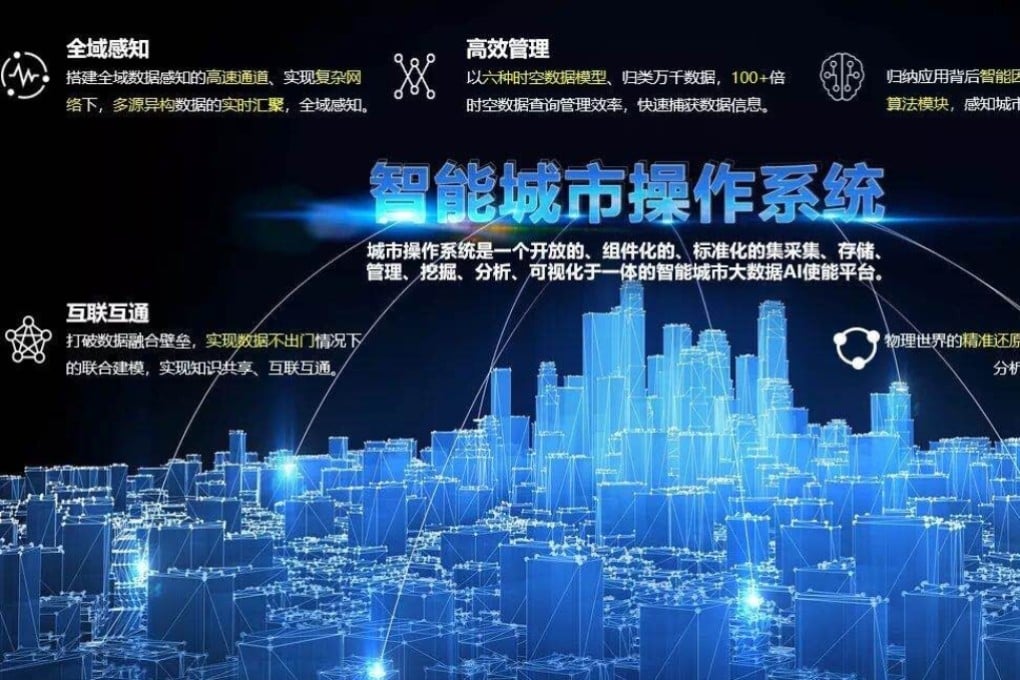JD builds AI control system that can save China’s thermal power plants billions and reduce pollution
- China remains heavily dependent on fossil fuels and accounts for nearly 30 per cent of global greenhouse gas emissions
- The AI system, which has been rolled out in Langfang city in Hebei province, automatically adjusts a range of variables for thermal boilers

JD Digits, the digital technology arm of e-commerce firm JD.com, has launched an artificial intelligence-driven system that improves the efficiency of thermal power plants, as China’s tech giants continue to apply AI technologies to a range of traditional industries to improve performance.
The AI control system, which has been rolled out in Langfang city in northern Hebei province, automatically adjusts a range of variables for thermal boilers in real time, including the coal feeding process, air distribution and water vapour levels, according to a statement on Monday from JD Digits.
The combustion efficiency of boilers fitted with the new AI-control system increased to 93.9 per cent from 92.75 per cent for boilers without it in a March test, according to the company, which added that an increase in boiler thermal efficiency of only 0.5 per cent “would save the country 7 billion yuan (US$1.07 billion) a year in coal consumption and pollution control costs.”
The project is a partnership with state-owned China Energy Investment Corporation and involves more than 70 power boilers in Langfang, the steel heartland of pollution-prone Hebei province. The AI control system has also been used in Nanning city in the southwestern Zhuang Autonomous Region of Guangxi since last year.